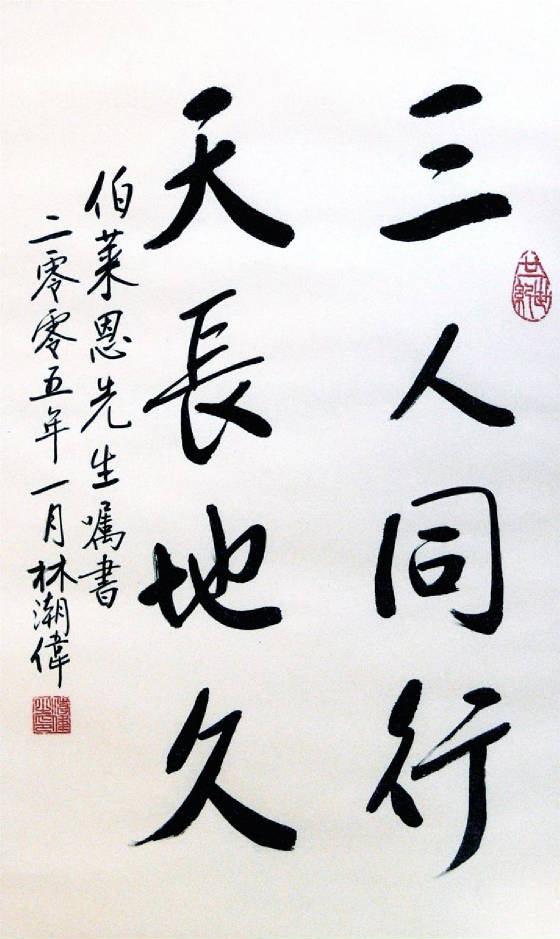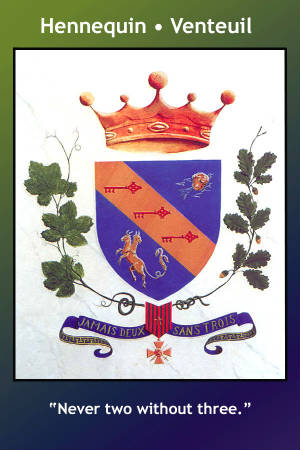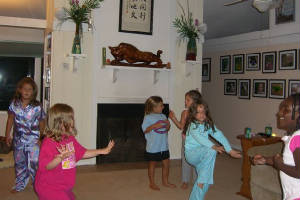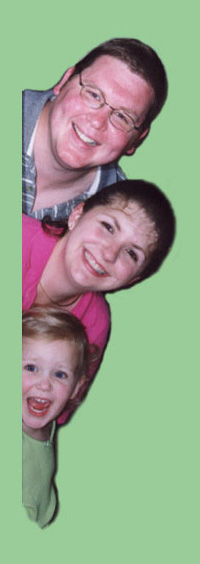 |

Dr. Chao Wei
Lam is known as a reductionist poet and master calligraphist. When I first met him in his studio in Guangzhou, China, he served
me ginseng tea that came from the United States, and he proudly showed me the American flags emblazoned on the box to prove
it. My friend and partner, Chow, had taken courses under Dr. Lam in college back in the 70's, and they have been close friends
ever since. After drinking the tea and getting a delightful tour of the works in his studio, Dr. Lam gave me one of his business
cards that also listed his other studios in Berlin, Paris, London and Beijing. I had been told that Dr. Lam was quite famous,
and the number of studios he maintained across the Northern hemisphere lent much to this reputation. As I admired some of
his most recent works, he told me to pick one to keep. I was floored. Since he retired a few years ago he has not created
any works for sale, and I was offered a few anecdotal stories including one about a Chinese pop star who tried to commission
Dr. Lam to create a poem from one of his hit songs. Even after the musician offered him 150,000 yuen (about $20,000), Mr.
Lam declined. I picked one that warned of the dangers of hubris that another person in our party told me hung behind the desk
of a Hong Kong billionaire he knew. I thought it looked nice.
The next time I had the pleasure of Dr. Lam's company,
there were eight of us going to dinner in a palatial hotel that had one of his works hanging in its stunning lobby. We were
seated in a large, private room for dining, and the mood was festive. One of the men from Hong Kong was very familiar with
Dr. Lam's work, and he could not contain his excitement at the opportunity to spend time with this venerable poet. I had the
honor of being seated at Dr. Lam's right for what was a very lengthy and scrumptious meal. The evening's conversation was
almost entirely in Mandarin and Cantonese, and I was happy to enjoy the indecipherable yet spirited conversation as a din
to accompany my supper. As our plates began to show through the food and our stomachs filled, I decided to ask Dr. Lam, through
an interpreter, how he would translate our family motto, "Jamais deux sans trois."

The motto,
which means "Never two without three," is from the Blason de Venteuil, which is the crest from the Champagne region in France
where Donna's family has been vintners and proprietors of the same soil since January 13, 1722. It is a rare day in our household
that someone does not invoke this motto, with Sage using it most.
After a long pause, Dr. Lam said that there was
no translation into Chinese. Even after my best efforts at explaining its meaning and its significance to our family, the
consensus at the table was that the only way to translate it was to treat it literally, making it essentially mean "Two bad;
three good." Oh, well, it was worth a shot, I thought.
The dinner conversation continued on, but for the next twenty
minutes or so, Dr. Lam stayed quiet. Then, when he returned from his reverie, the words he spoke made one person at the table
gasp and the rest were stunned into silence for what seemed like minutes. Then Ming told me that Dr. Lam had created a poem
from the motto. Since I don't know Mandarin, I'll never be able to appreciate the beauty of his words, but about six months
after I returned home, a two-foot by three-foot calligraphic rendition of his poem was delivered to my door. The original
of the above image is now proudly displayed over our mantle at Hidden Falls. The literal translation of the eight characters,
which I am certain does the work a terrible injustice is (as read from top right down to bottom left): Three people together
walk sky long ground eternal. It is truly a thing of beauty that we cherish deeply, and we are grateful for Dr. Lam's profound
talent and generosity.

|
| Dr. Lam's poem is above the bull on the mantle. |
|
